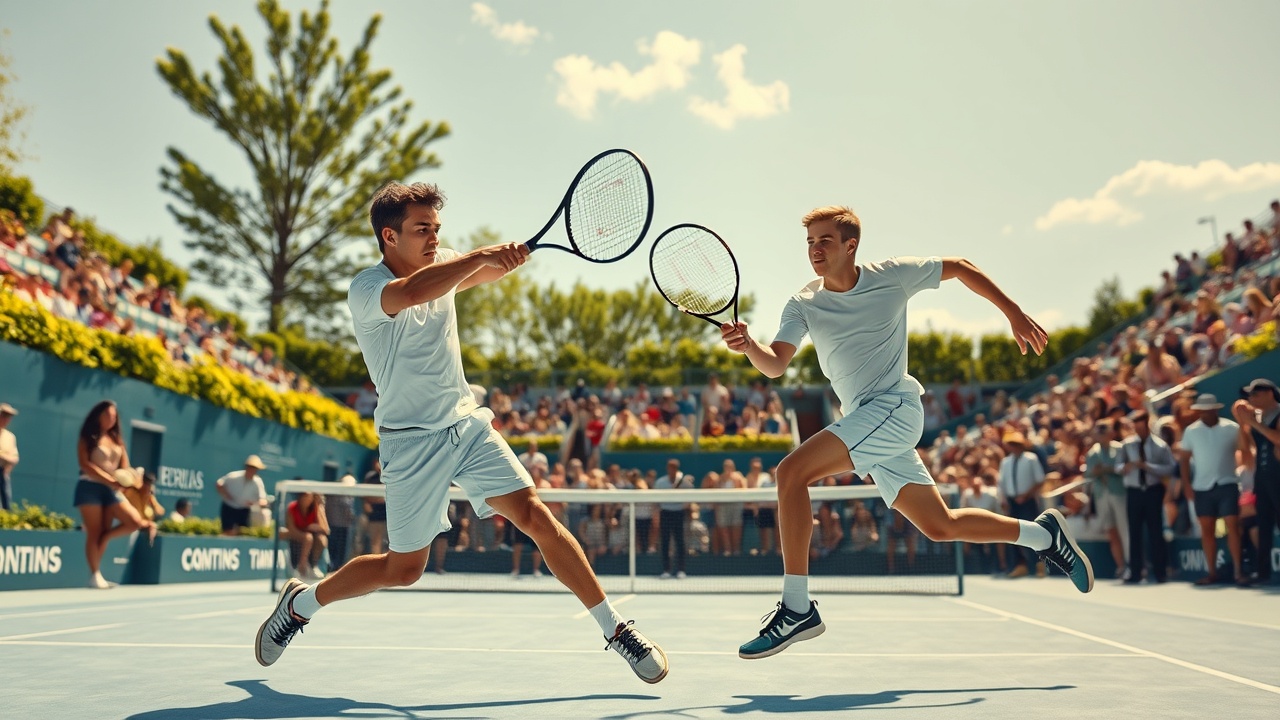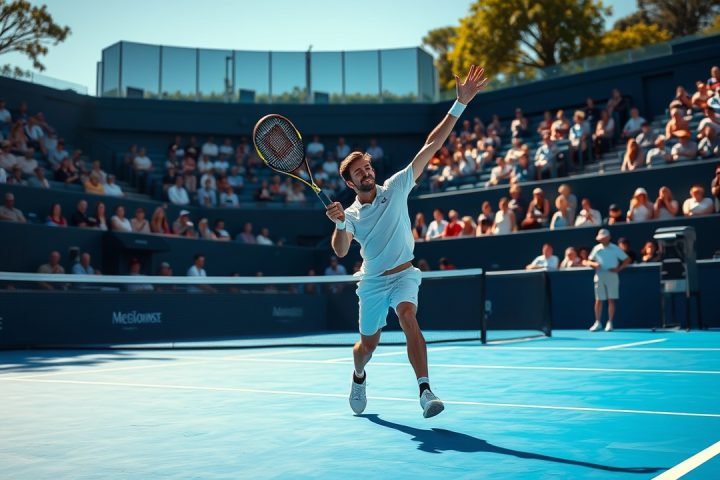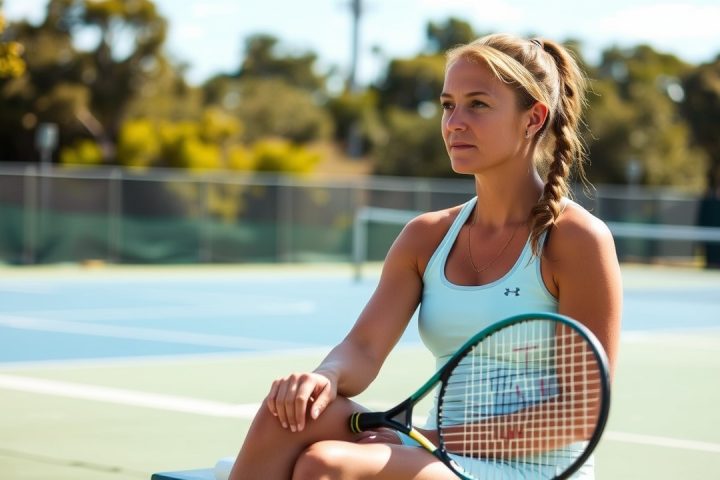Extraordinary Showdown at the French Open Final
In an extraordinary showdown at the French Open final on Sunday, Jannik Sinner appeared to be on the brink of clinching victory, breaking Carlos Alcaraz’s serve at the start of the third set. Sinner, the current world No. 1, was eyeing his fourth Grand Slam title and his first at Roland Garros, having already amassed a remarkable streak of 20 consecutive set wins in the tournament. Alcaraz, however, had never managed to win a match after trailing by two sets in any of his eight previous attempts.
“One point away from winning on three separate occasions.”
Yet, in a stunning turn of events, over three hours later, it was Alcaraz who found the strength to lift the coveted Coupe des Mousquetaires, leaving Sinner to reflect on a match that evolved into a breathtaking spectacle, punctuated by a tense final tiebreak that showcased the pinnacle of tennis performance from both athletes.
Importance of Nutrition and Hydration
According to Mark Ellison, co-founder of Haute Performance, a nutrition consultancy for elite athletes, the preparation for such critical finals is rigorous and begins as soon as the previous match concludes. Ellison, who has notable experience working with stars like Andy Murray, highlighted the importance of fluid and carbohydrate intake for recovery. To account for fluid losses during matches, athletes typically replace 1.5 times the amount of fluids lost, alongside a significant intake of carbohydrates immediately after competing. This strategic fueling is vital, especially considering the high demands tennis places on its players, particularly when competing on clay courts where the physical toll is especially harsh.
Players like Alcaraz and Sinner meticulously manage their hydration strategies, often using specific electrolyte formulations rather than standard sports drinks. During a grueling five-set match like the one witnessed on Sunday, athletes could burn as much as 4,000 calories, further emphasizing the importance of maintaining energy levels throughout the bout. Alcaraz reportedly enjoys a pre-match meal including mixed pasta and a specialized energy bar made of dates and egg whites, while Sinner opts for simpler fare like chicken with rice.
Strategies During the Match
During matches, players typically strive to consume between 30 to 60 grams of carbohydrates per hour, often through energy gels, bananas, or electrolyte drinks. Interestingly, both players might have utilized pickle juice to stave off cramping, as it has been shown to alleviate muscle cramps faster than water under specific conditions.
As the final unfolded, Alcaraz and Sinner engaged in an intense back-and-forth that saw a staggering total of 1,433 groundstrokes exchanged, with Sinner gaining the upper hand on shorter rallies and Alcaraz ultimately asserting dominance during key pressure moments. Psychological resilience, as much as physical conditioning, played a pivotal role in the match, particularly for Alcaraz, who expressed a steadfast belief in his abilities even when on the brink of defeat.
Post-Match Reflections
Post-match insights from performance psychology expert Jamil Qureshi yielded valuable reflections on Sinner’s potential coping strategies moving forward, emphasizing the importance of reframing the defeat into a learning opportunity as he strives to improve. Recovery from such a physically taxing encounter will take time, and each player’s approach will be uniquely shaped by their experiences in Paris. While Alcaraz celebrates his triumph, Sinner is faced with the challenge of moving on from his disappointment.
As both players gear up for the next Grand Slam at Wimbledon, their contrasting recovery strategies reveal the diverse paths athletes take after high-stakes matches. Only time will tell whether Sinner’s urgency to bounce back or Alcaraz’s celebratory approach will prove more advantageous on the lush grass courts awaiting them.




